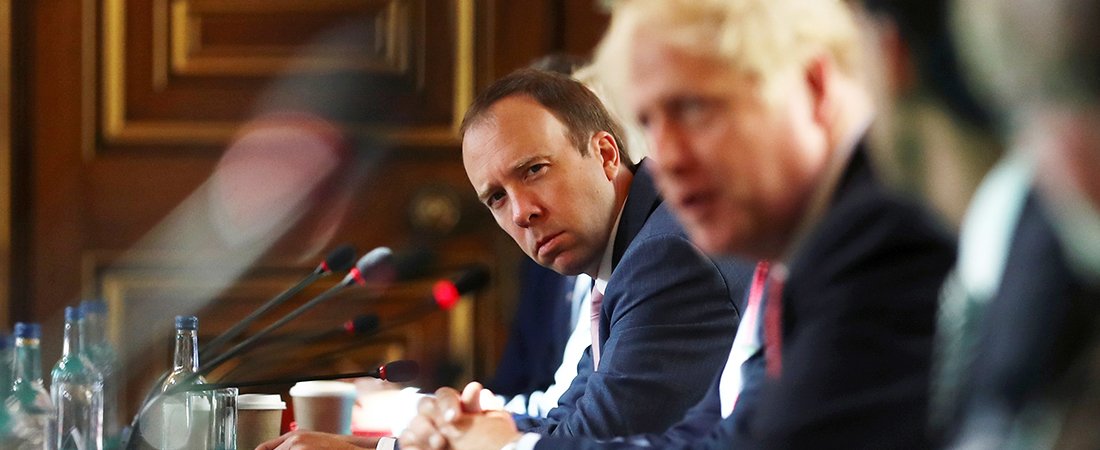The new National Institute for Health Protection (NIHP) has been positioned by Secretary of State for Health and Social Care, Matt Hancock, as the reinforcer of our health defences – a new intelligence service for infectious diseases.
It will take on all the responsibilities that Public Health England (PHE) had for pandemic response, uniting them with NHS track and trace and the Joint Biosecurity Service, forming an institution modelled on Germany’s Robert Koch Institute.
This idea is not, in and of itself, a bad one – many experts in the field have agreed it makes sense to have greater alignment between these organisations. The creation of the NIHP is in many ways reverting back to the Health Protection Agency, which was axed in 2013.
However, huge questions remain: firstly, whether now is really the best time to conduct a huge restructuring of our health service. History tells us probably not – the BMJ highlights the statistic that every time the UK’s public health institutions go through a restructure they lose 20-30% of their skilled and experienced staff. This, combined with the sheer potential for distraction, does not bode well for our preparations for a second wave of Covid-19. Nevertheless, Hancock remains convinced that this move will increase focus, rather than obstruct it.
Next, one has to ask whether the Government has any real plan for what happens to the rest of PHE’s extensive remit of responsibilities. On this question Hancock has provided even less clarity as to the future of PHE’s work in key non-Covid-related services such as obesity and tobacco control. This has raised concern among the public health profession. Over 70 health organisations have expressed their concern this month that the pandemic response has been prioritised at the expense of health improvement.
In his speech to the Policy Exchange earlier in August, Hancock spoke confidently of the Government’s commitment to prevention in all its forms, referring to the recent launch of the obesity strategy. He suggested that all the PHE responsibilities which do not fall under NIHP – such as smoking prevention and other public health campaigns – would be mopped up by all other parts of the health system, such as the NHS.
Again, in and of itself, this is not necessarily a bad idea – the NHS has increasingly been taking on PHE responsibilities. Chapter two of the NHS Long-Term Plan focuses on taking greater action on prevention and health inequalities – what’s more, after a critical review of PHE’s cancer screening programme in late 2019, NHS England already has a history of taking on integration of these services.
However, in a letter to MPs Hancock suggested there may also be potential to create a new standalone organisation to take on PHE’s health improvement work. Which raises the question: why scrap PHE in the first place?
Greater local integration of public health services, is another option on the horizon; PHE themselves have long-advocated for more local approaches to tackling problems such as obesity. However, the Chair of the Local Government Network has been one of many to comment that a successful approach will rely both on local leadership and adequate funding.
And here lies the nub of the issue – as many have highlighted PHE had flaws as an organisation, but its “chronic underfunding” undoubtedly had a huge impact on its ability to perform.
Over the next few weeks, we will see the Government consult on what to do with the rest of PHE and it is unclear what route they will take. This is certainly an opportunity for those with a perspective on the prevention agenda to engage in the consultation – with the Government Ultimately, with the obesity strategy just born and now with nowhere for it to live, the Government will need to move quickly to show it means business on making the nation fitter.

